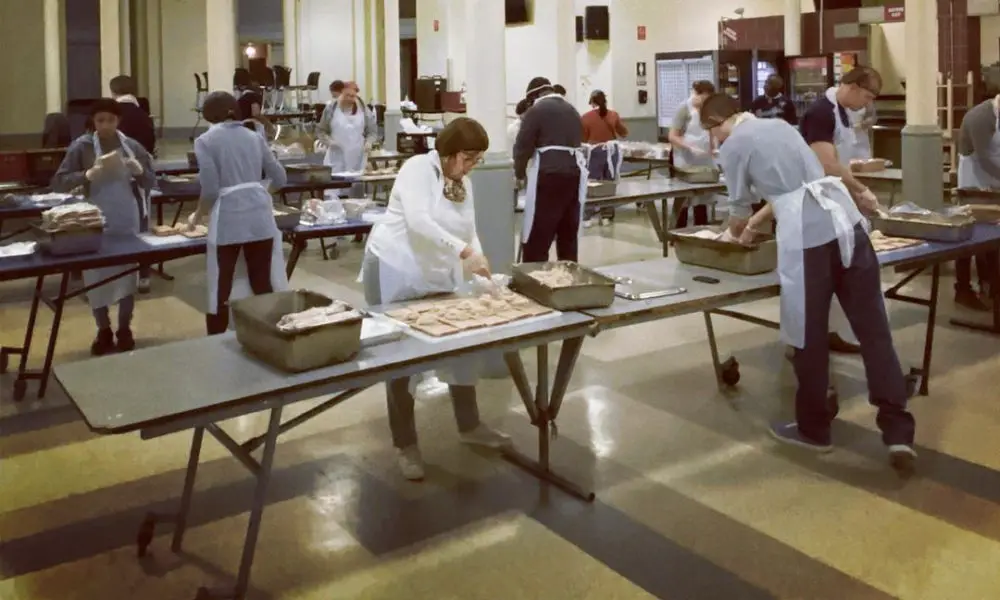You may have seen them on TV, may have heard about one being operational in your neighborhood, and have more than likely seen the donation box at your local grocery store. They usually gain popularity around the holidays when food drives encourage people to donate extra food for the less fortunate.
You may remember the food drive from school around Christmas, Thanksgiving, and Easter when you were encouraged to donate at least one food item to your local soup kitchen. These are places were the less fortunate, those without homes, and those with very low incomes go to receive free food.
Many people who visit the soup kitchen are those have lost their lives due to economic misfortune, psychological distress, or substance abuse issues. The soup kitchen is an absolutely critical part of the community. Many people would go hungry without it.
What is Real Soup Kitchen?
Soup kitchens do more than just feed the homeless and the less fortunate. The soup kitchen is a place where people who are down on their luck can go to eat, take shelter, mingle with others in similar situations, and a get a general sense of community.
Many of these people live not only troubled lives, but extremely difficult lives, and having a place that feels like a home can be critical in maintaining positivity and the will to carry on, which is important for those looking to get off the streets and re-establish themselves.
Soup kitchens are almost like a sanctuary for the disposed of among us, allowing people fallen on hard times to congregate without being judged, heckled, or discriminated against.
Do Soup Kitchens Offer More Than Just Food?
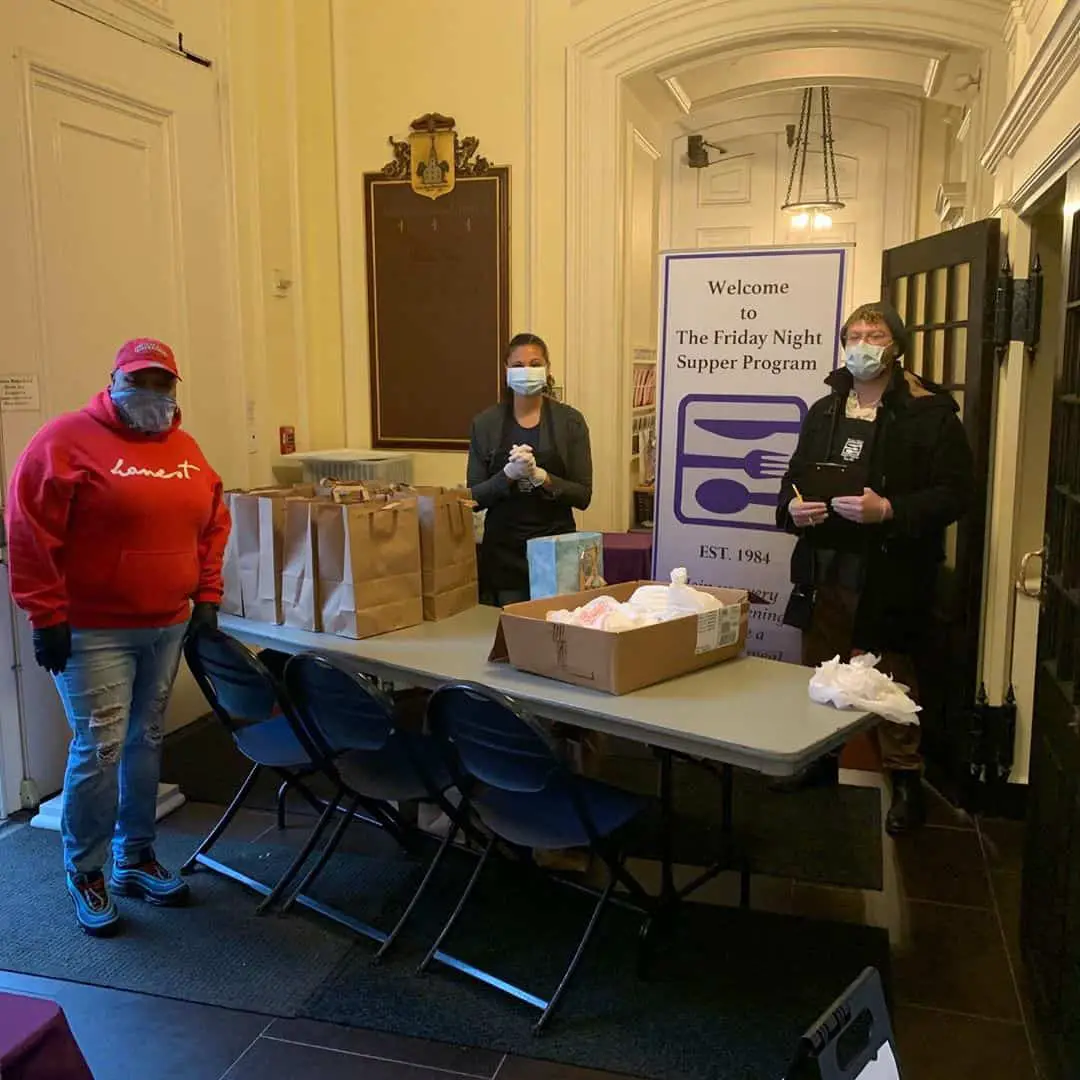
Absolutely, yes! Soup kitchens offer more than just bread and soup. There are usually outreach programs stationed in most soup kitchens aimed at rehabilitation, especially for those with crippling substance abuse problems.
Because you can generally find the bulk of the community’s homeless and hard-pressed citizens gathered at the soup kitchen on any given day, this is the perfect place to establish community help programs.
You can find general job boards that offer temporary employment to those without work. You can find specialized sporting programs for young people without a home or who may not have enough money to enroll in sports or afterschool youth programs.
You may even come across housing initiatives where homeless people can apply for subsidized housing. If you’re out of luck and need to find your footing, the soup kitchen is a good place to start.
Other than food and community outreach, most soup kitchens offer clothing to their guests. All those donation boxes for old clothes that you see scattered throughout the city – yeah, well they go to soup kitchens to clothe the impoverished.
A used pair of sneakers, a sweater with a mustard stain, a pair of jeans that you grew out of, it’s all stuff the poor souls living under bridges and in alleyways are supremely grateful for.
Soup kitchens also sometimes offer free condoms for sex workers to keep them safe from disease; free needles to keep drug addicts from having to share or use dirty, infected needles.
And while this may seem counterintuitive, it’s all about safety. The soup kitchen is a place of love and charity. It’s the only place many people can get their hands on a clean toothbrush or a fresh roll of toilet paper.
Who Operates Soup Kitchens?
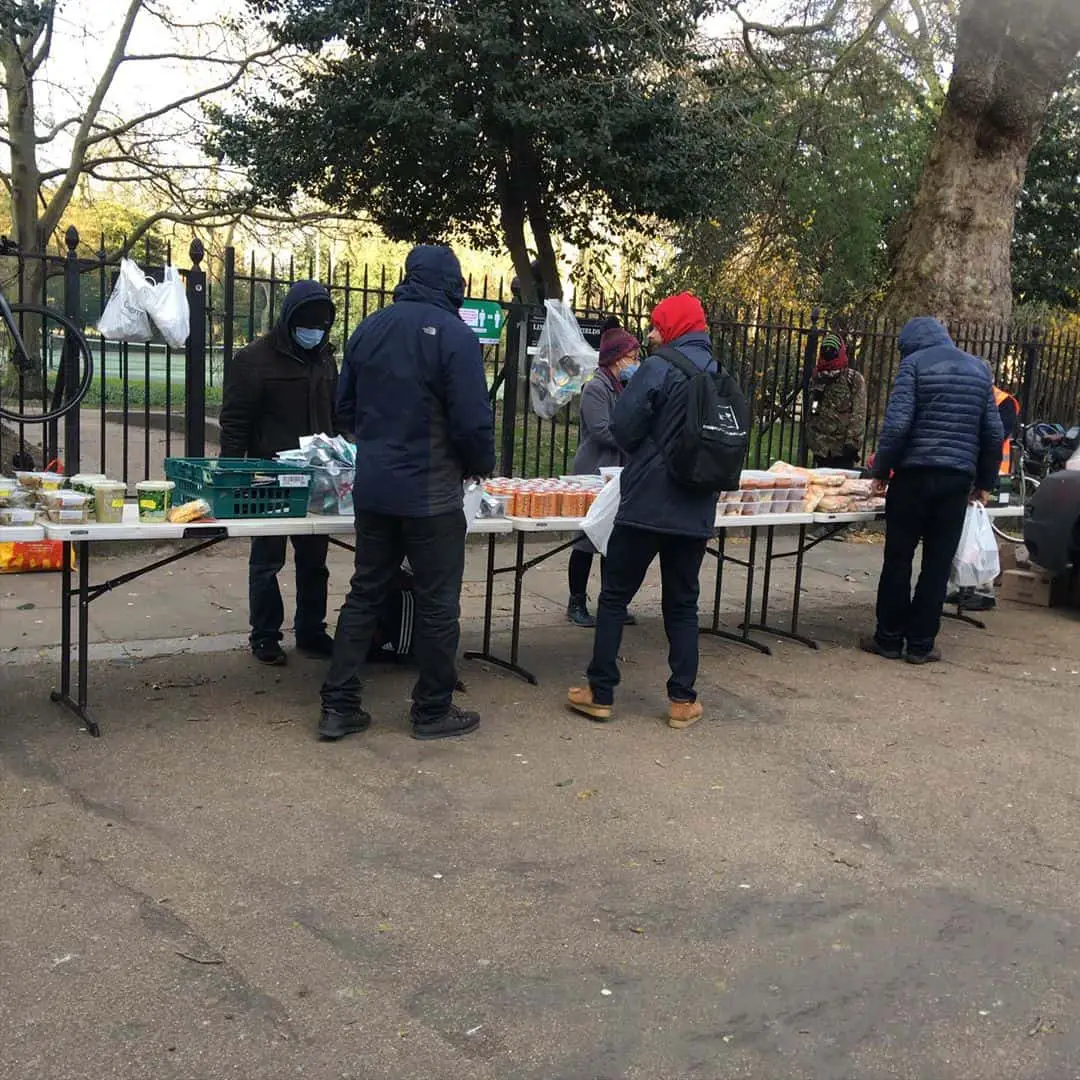
Soup kitchens are operated by people just like you and me who care about the general health and wellbeing of everyone in our community. Often established by the local government or a non-profit organization, soup kitchens are maintained and manned by loyal, good-hearted volunteers.
Rather than getting paid in cash, people who work in the soup kitchen are paid in smiles and appreciation. Volunteers get the added bonus of going home at the end of the day with the knowledge that they’ve made someone’s life better. There’s no greater feeling than to give back to the community, and these are the people who make soup kitchens possible.
Of course, no soup kitchen would be possible without the generosity of the local neighborhood. Without people donating their sneakers, their child’s old toys and baby clothes, and of course the Christmas turkey, the soup kitchens would be empty and boarded shut.
We need the continued support of the community to maintain soup kitchens. It’s absolutely imperative for the lives of the less privileged that those of us who have more give what we can.
This is especially true during the holiday season when depression among the homeless and vagabonds reaches a dangerous pitch.
Many people recovering from addiction need the love and generosity of others to stay on the straightened path during the holiday season. Give what you can. And when you can, give your time to your local soup kitchen.
Why Should I Volunteer at a Soup Kitchen?
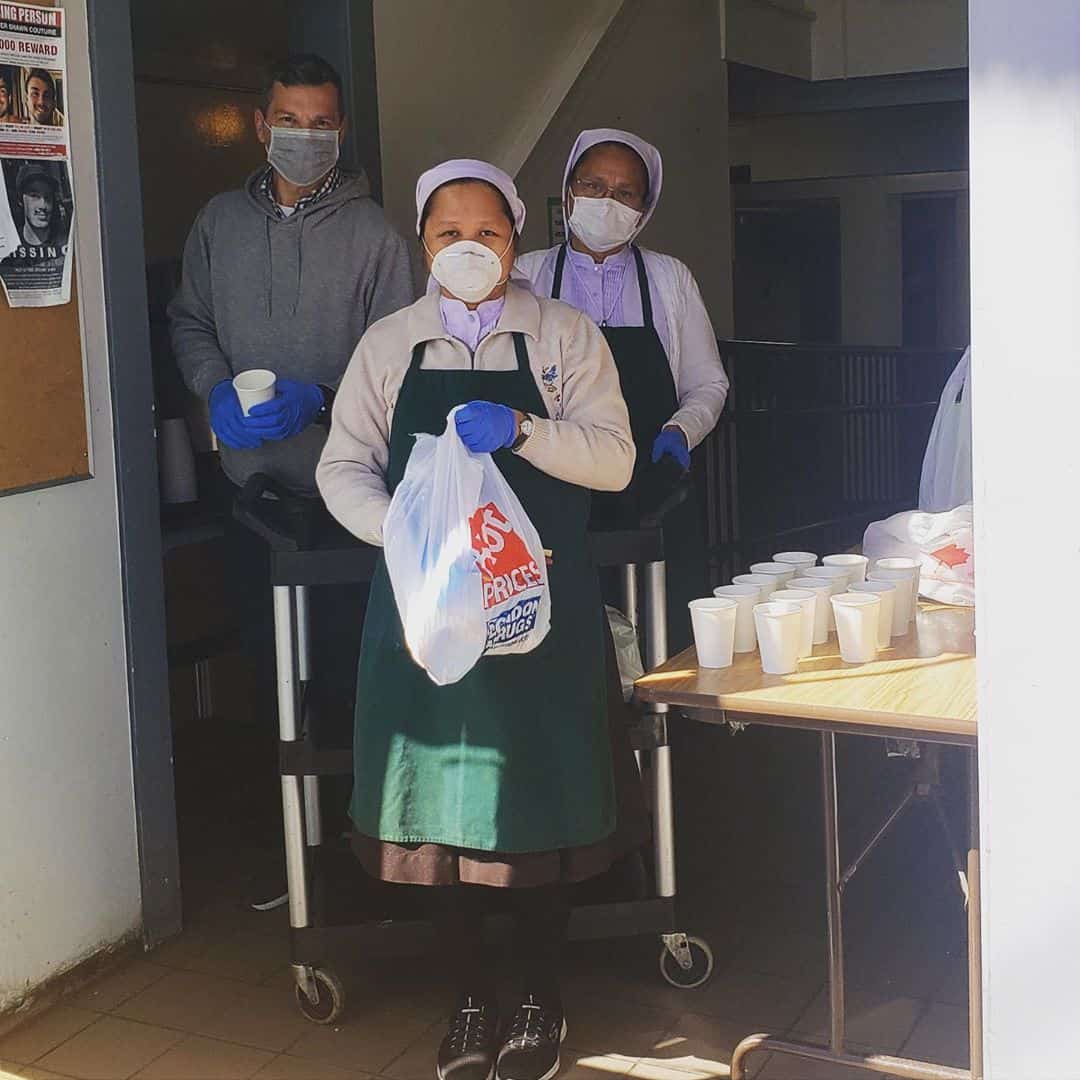
Maybe you’ve thought about it. Maybe you’ve driven by your local soup kitchen or seen the homeless gathered in the parking lot of the nearby church to receive their weekly rations – and you’ve thought about donating your time.
And you absolutely should. Not only are you embedding yourself into your local community and participating in a worthwhile endeavor (certainly more productive than a weekend on the couch in front of the TV), but you are also doing something selfless that will make you feel better about yourself.
You can help others while you help yourself. No to mention the children. It’s a great way to teach empathy to your young ones, showing them that just because someone is dirty or gruff does not mean they are any less human.
It’s an important lesson for youngsters to learn. Everyone deserves respect and a charitable hand. If you volunteer your time and energy to a soup kitchen helping the less fortunate, the morality of such an act will be passed on to your offspring. You may even convince your coworkers to do the same. Pay it forward, as they say.
Mobile Soup Kitchens
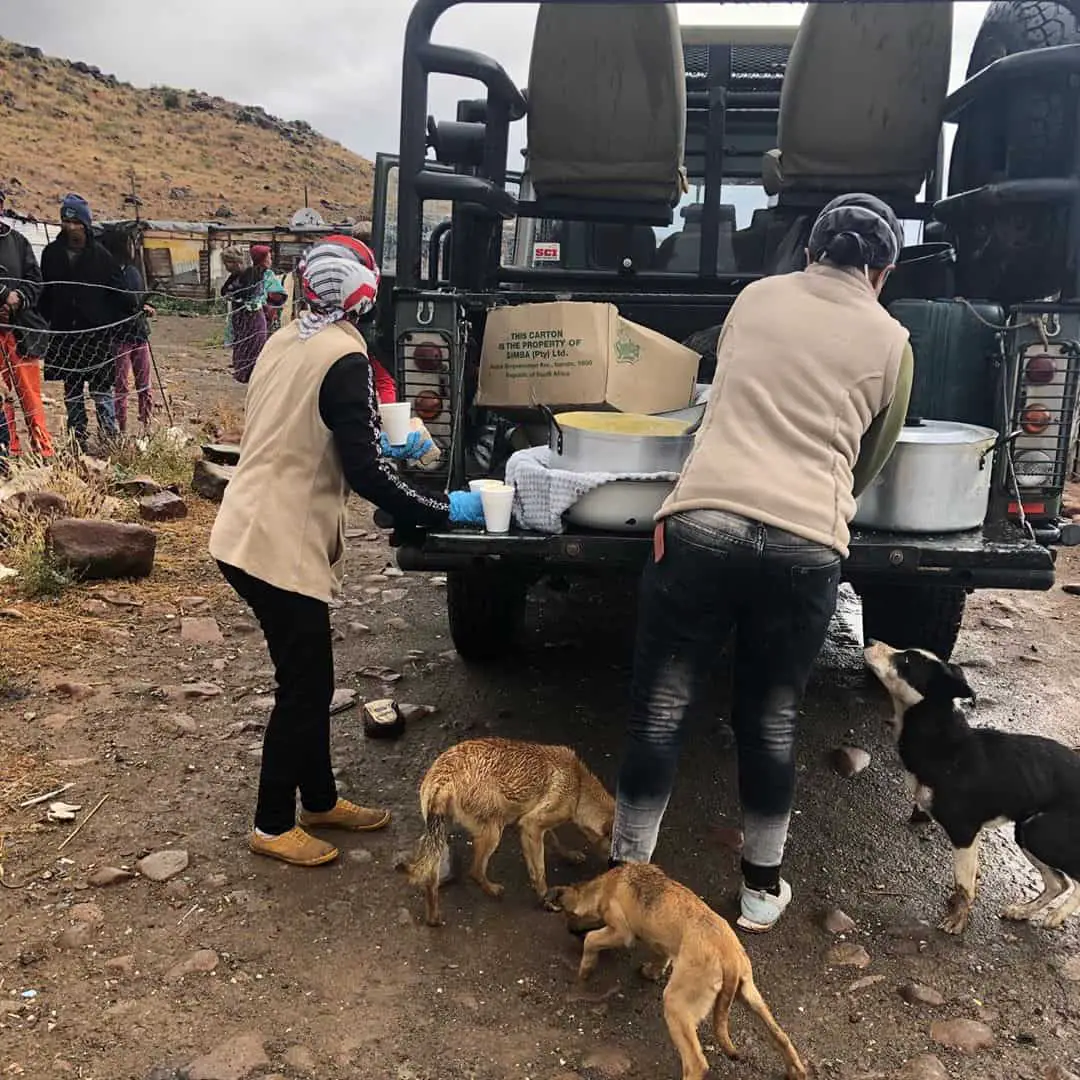
In this day and age, with the rise of the socially conscious individual, social media, and a general feeling worldwide that we need to be working harder to support those down on their luck, a phenomenon has emerged in the world of soup kitchens.
It’s called the “mobile soup kitchen.” But it’s hardly anything like a mobile taco truck. The mobile soup kitchen is a group of roving helpers who hit the streets to deliver important supplies to homeless people, addicts, and sex workers.
These generous human beings bring lunchboxes full of healthy snacks like oranges and bananas, fresh toiletries, hygienic products for the ladies, and a general transmission of love and care, letting these people know that society has not yet forgotten them.
More than that, the mobile soup kitchen volunteers and organizers spend time with the homeless. They bring massive thermoses full of hot coffee and little paper cups, and they sit down to chat and share stories with those that the rest of society has mainly dismissed.
These are true volunteers working from the goodness of their hearts to bring food, warmth, coffee, and a smile to those of us who have been left out in the rain. We could all learn a few things from these selfless souls.
A History of Kindness
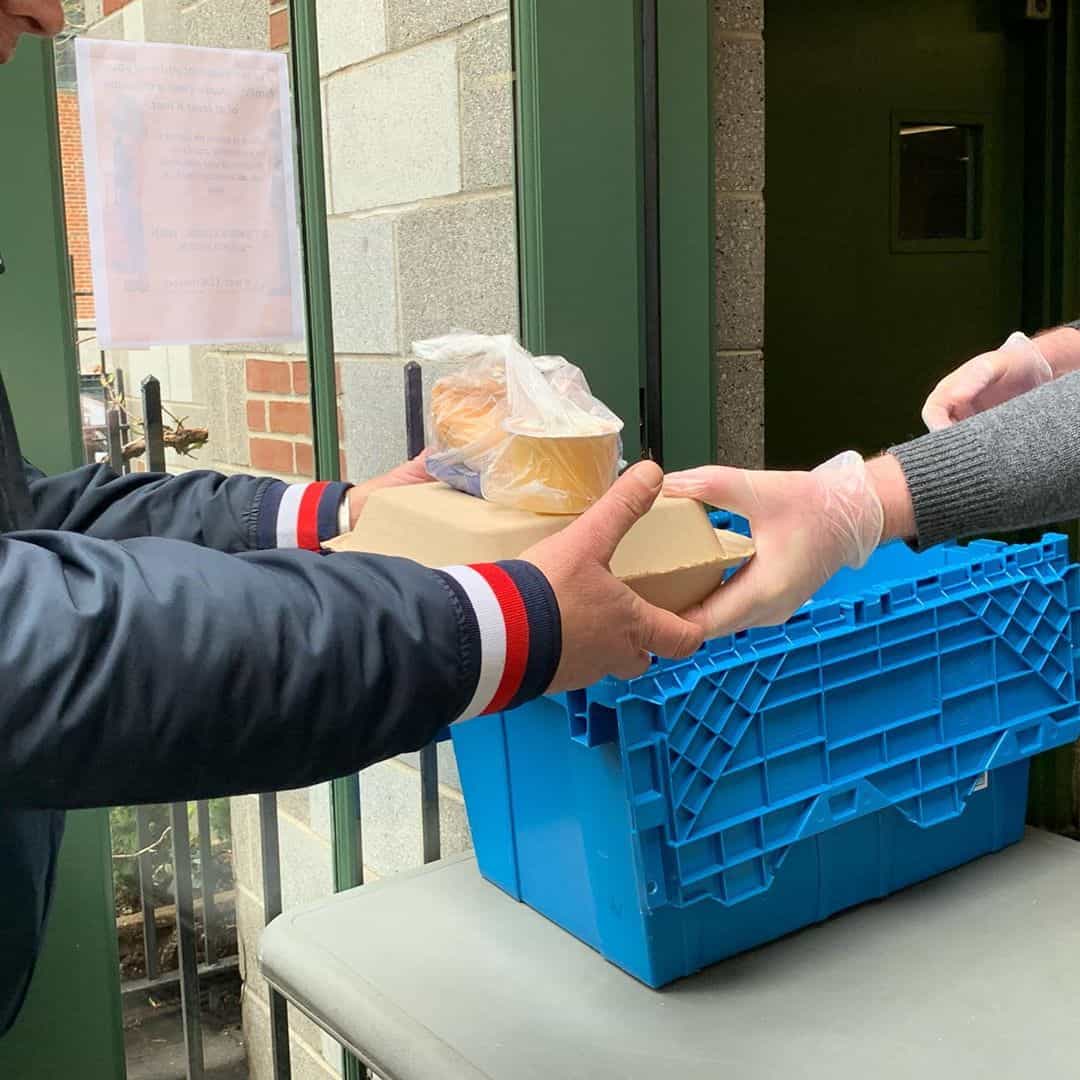
Soup kitchens have been around for hundreds of years. Ever since there were hungry mouths and a community loving enough to feed them, there have been soup kitchens in some sense of the word. Interestingly enough, the original “modern” soup kitchens provided only soup back during the Great Depression.
This is obviously where the name originated. But today the soup kitchen, food kitchen, and other donation kitchens have evolved into one entity. And while for decades these institutions have been primarily organized by the local church, people are now taking the care and wellbeing of their resident vagrants into their own hands.
It’s great to see a positive change in the world, and hopefully in the future the need for soup kitchens can be eliminated – though this is on the same level of eliminating global hunger, poverty, and sickness. It’s not likely to happen anytime soon, and so it is pivotal that we all continue to support our local soup kitchen.
For you, the reader, feel free to donate to the soup kitchen nearest you. Non-perishables are always welcome, along with used clothing and hygiene products.
Spare a Sunday once or twice a month and go down to your local kitchen, get to know the brave men and women who survive on the continuous kindness of the community.
The next time you open your pantry and wonder how long all those old cans of soup have been sitting there, put them in a bag and drop them off at the soup kitchen.
Another thing you can donate are old books, as many of the less fortunate do not have the same forms of entertainment as us. A good read can mean the world to someone living out of a shopping cart.
